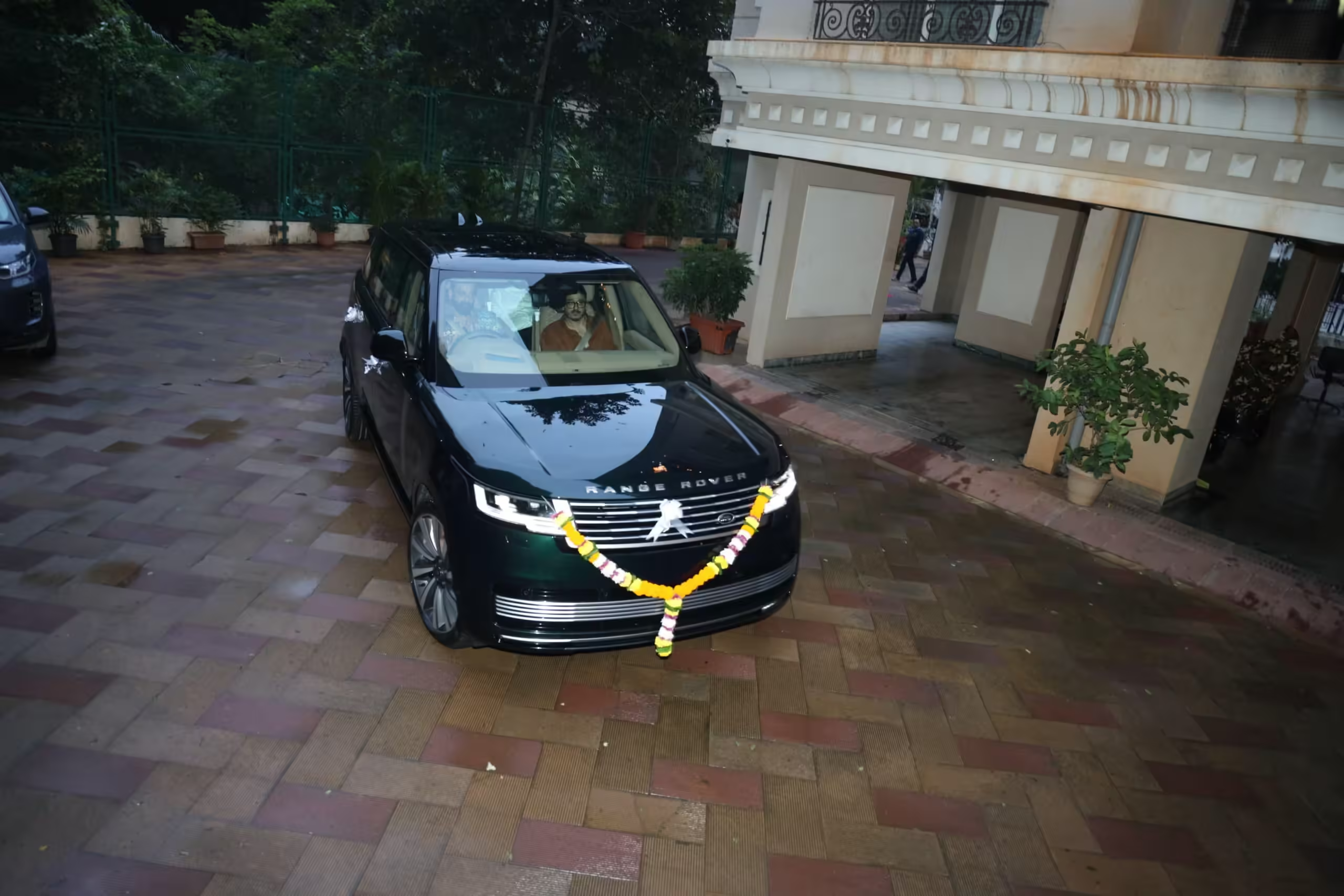The World Culture Festival at the Arts Council in Karachi has emerged as a significant event for cross-cultural exchange, offering a vibrant platform to celebrate and honor the rich diversity of global traditions and contemporary struggles. Spanning 38 days, this monumental festival, organized by the Arts Council Karachi in partnership with Jang and Jio, is bringing artists from across the globe to showcase the essence of their cultures, sharing their personal narratives and the political landscapes of their countries. Recently, the festival’s 30th day drew attention with poignant performances by international groups that captured the themes of Palestine’s resistance and the revolutionary spirit of the Arab Spring.
Artistic Expressions from Palestine and the Arab Spring
The festival, currently in its final days, featured performances by artists from Morocco, Tunisia, Iraq, and Belgium, who took the audience on a journey back to the Arab Spring. Through expressive dance and dramatic storytelling, these artists depicted the turbulence and the enduring spirit of resistance that characterized the Arab Spring—a series of uprisings across the Arab world that reshaped the socio-political landscape of the Middle East.
The Belgian group, known for blending contemporary dance with powerful storytelling, performed “Body Revolution,” a piece that used body movement to illustrate the role of media in the Arab Spring. Through dance, the artists demonstrated how media can both fuel revolution and manipulate narratives. The performance, characterized by tension, depicted emotions such as fear, anxiety, and resilience, resonating deeply with the audience. The Belgian artists emphasized that they see the World Culture Festival as an ambassador of cultural unity, a place where audiences can connect with stories of courage and transformation beyond borders.
Palestinian Theater: A Solo Journey Through Tragedy and Resistance
Palestinian theater artist Ahmed took the stage with his solo play, “And Here I Am,” a moving narrative capturing the Palestinian struggle. The play portrays Ahmed’s journey through laughter, loss, and resilience as he narrates his experience of growing up amidst conflict, facing Israeli prisons, and participating in protests with friends armed only with stones. Through this powerful solo performance, Ahmed skillfully captures the heart-wrenching reality of life in refugee camps and the relentless pursuit of freedom. His performance strikes a balance between tragedy and humor, reflecting the complex human emotions of those living under occupation. In between tales of sorrow, Ahmed also shares lighthearted stories of friendship and love, drawing laughs from the audience and connecting them to his story on a personal level.
“And Here I Am” does not shy away from presenting the raw reality of Palestine’s situation but also portrays the universal human desire for joy, laughter, and a sense of belonging. Ahmed’s performance illustrates how theater can serve as a medium for resistance, bringing the Palestinian struggle into focus for audiences who may be distant from the realities of conflict. His work highlights the importance of storytelling as a tool for empathy and understanding in global cultural spaces.
International Contributions at the World Culture Festival
The festival’s inclusive platform has attracted artists from around the world, including Russia, Britain, Norway, and Switzerland, who have all brought unique cultural flavors to the stage. Each country’s performance not only serves as an artistic presentation but also as a cultural exchange, offering Karachi’s audiences an immersive experience in the traditions, struggles, and triumphs of other nations. These global narratives help foster a sense of unity and remind audiences of the shared humanity that underpins diverse cultures.
The 29th day of the festival featured “Flavour of the UAE,” a special event organized by the United Arab Emirates, which presented an authentic glimpse into Emirati culture through music, dance, and cuisine. This event celebrated the heritage and modernity of the UAE, offering an example of how the festival promotes international camaraderie through cultural appreciation.
A Look Forward: Theater Artists from Spain and Germany
As the festival enters its 31st day, the lineup includes anticipated performances from Spanish and German theater artists, who will bring their distinct cultural narratives to the stage. These performances will add to the festival’s dynamic tapestry, offering audiences new perspectives on European traditions and contemporary issues through drama and dance. The Spanish and German artists are expected to evoke themes of resilience and heritage, continuing the festival’s tradition of showcasing a broad spectrum of global experiences.
The Festival as a Cultural Ambassador
The World Culture Festival is not merely a celebration of art; it is a platform for dialogue and cultural diplomacy. By bringing together artists from regions with complex histories, such as Palestine and countries affected by the Arab Spring, the festival underscores the role of art in bridging divides and fostering mutual understanding. International artists have praised the festival as a valuable cultural ambassador that promotes peace and respect across borders. For local audiences, it is a rare opportunity to witness the transformative power of global art and to engage with stories that, although distant, resonate on a personal level.
As the festival progresses towards its final days, it continues to offer an unparalleled cultural experience, drawing Karachi’s diverse population together in celebration of global artistry. The performances serve not only as a source of entertainment but also as a powerful reminder of the resilience, creativity, and shared humanity that connect people worldwide.
In celebrating cultures and confronting contemporary struggles, the World Culture Festival shines as a beacon of hope and a testament to the role of art in fostering unity amidst diversity. Through performances that depict both joy and hardship, the festival allows audiences to journey across borders and connect with the world’s vast tapestry of human experiences, all within the vibrant city of Karachi.



